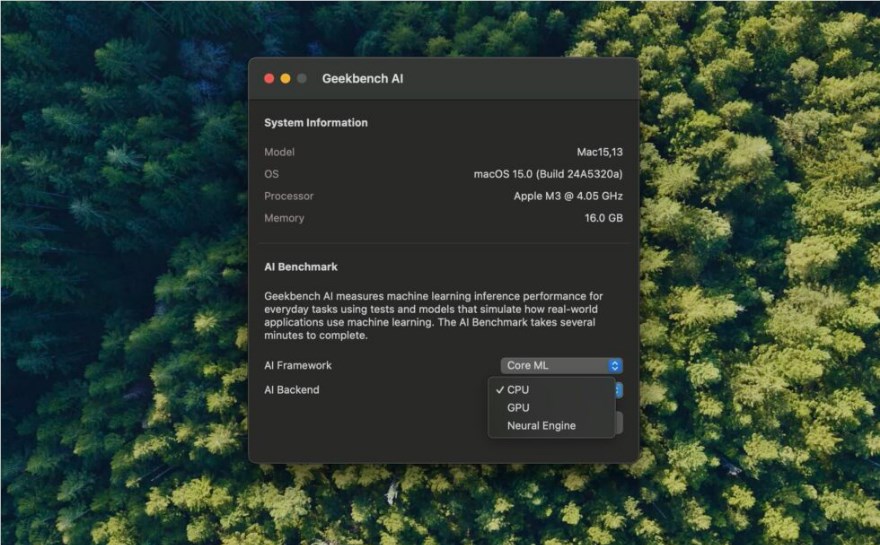Geekbench, a well-known benchmarking tool, has recently introduced a new cross-platform utility designed to assess the performance of devices under intensive workload scenarios. Named Geekbench AI, this tool is capable of measuring the CPU, GPU, and NPU (Neural Processing Unit) of a device to evaluate its capabilities in handling machine learning tasks.
Initially developed under the name Geekbench ML by the team at Primate Labs, a preview version was released in 2021. With the evolution of technology and changing demands, the software was rebranded as Geekbench AI, aiming to explore the performance of different hardware in tackling various tasks. The tool evaluates performance based on accuracy and speed, supporting multiple frameworks including ONNX, CoreML, TensorFlow Lite, and OpenVINO.

Geekbench AI offers three scoring criteria: full precision, half precision, and quantization. Primate Labs states that these scores also include accuracy measurements, which assess how closely the output of workload matches the actual scenario, indicating the device's accuracy in task execution.
To gain a more comprehensive understanding of how a device's real-world performance correlates with Geekbench AI's scores, further testing over a longer period is required. For instance, for devices with intelligent features, we will not only focus on frame rates or loading times but might also consider the accuracy of predictive text or the quality of results produced by image editors.
Currently, the tool is available for download on Windows, macOS, Linux, Android, and iOS platforms, allowing users to try it out and experience its functionalities firsthand.









